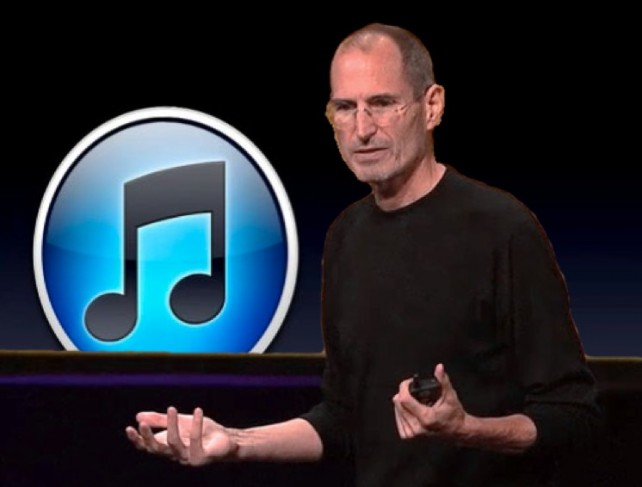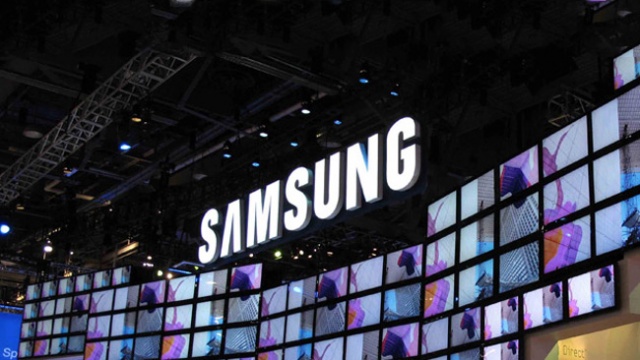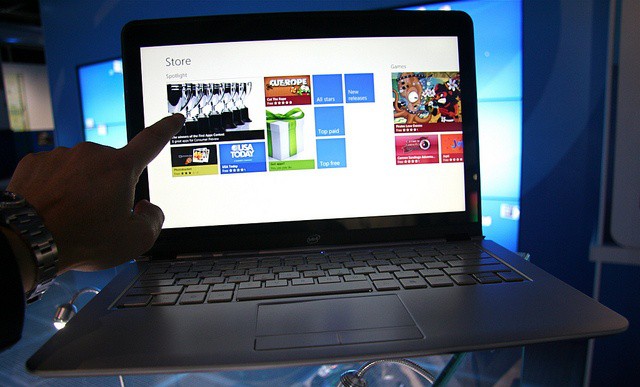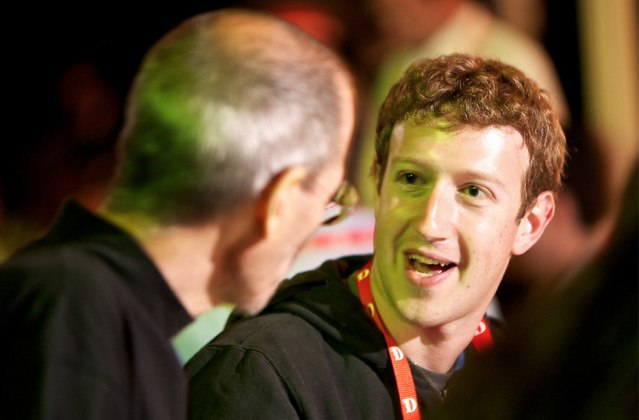“Unopened! Still sealed in original retail box!” cry the Craigslist ads advertising “new” iPhones and iPads at lower-than-retail prices, but the truth is far more insidious: many of the “new” iPhones you see on Craigslist and eBay are actually old, used iPhones repackaged and sold as new using the hardware equivalent of meat glue.
Scammers Are Gluing Together Frankenstein iPhones Out Of Old Broken Parts Then Selling Them As New


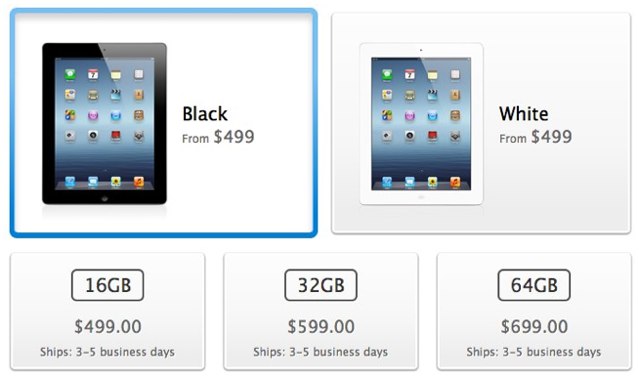
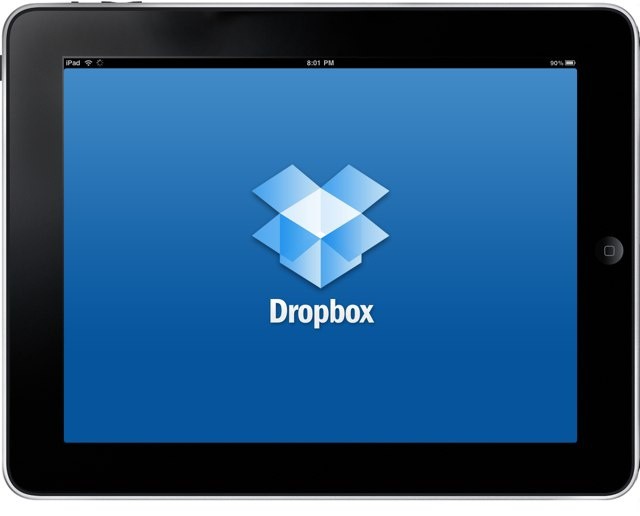

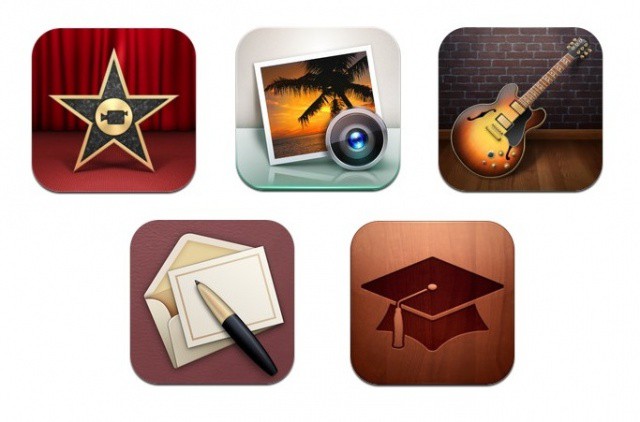

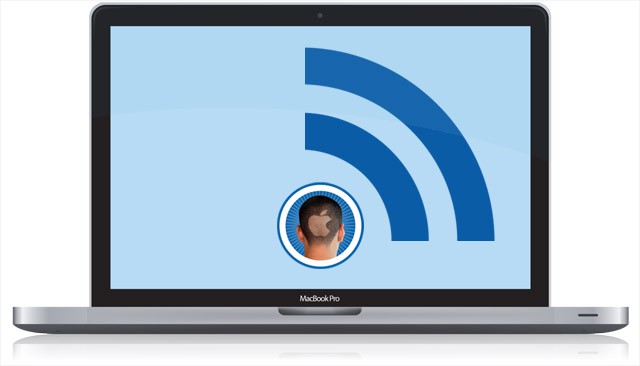
![How To Quickly Adjust Your iPhone’s Screen Brightness From The Status Bar [Jailbreak] Wield ultimate control over your screen brightness with this nifty tweak.](https://www.cultofmac.com/wp-content/uploads/2012/05/Screen-Shot-2012-05-01-at-6.26.09-PM.jpg)





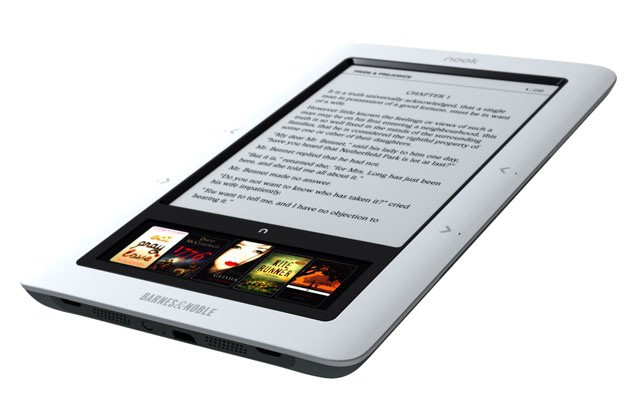
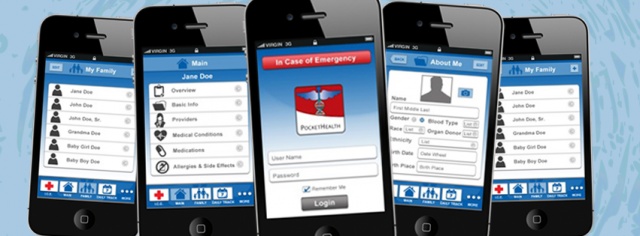
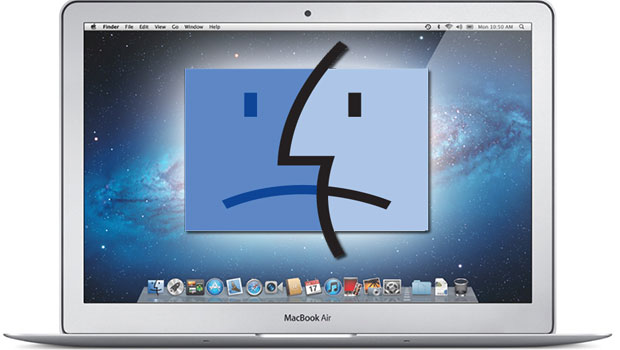
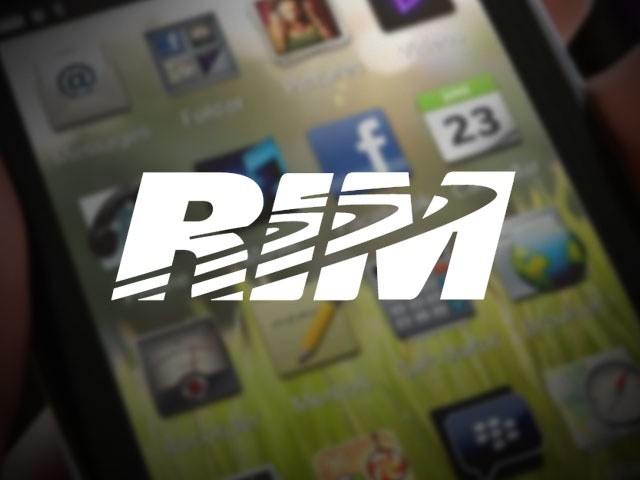
![Here’s Your Last Chance To Get A Free Copy Of MacX DVD Ripper Pro Streamer Edition [Sponsored Giveaway] Front page banner 5](https://www.cultofmac.com/wp-content/uploads/2012/04/Front-page-banner-5.jpg)

![Announcing Mobile Management Month [Manifesto] We're kicking off Mobile Management Month](https://www.cultofmac.com/wp-content/uploads/2012/05/mmm.jpg)
![Introducing The Liquid Metal iPhone 5 [Concept Gallery] iPhone5-1](https://www.cultofmac.com/wp-content/uploads/2012/05/iPhone5-1.jpg)
